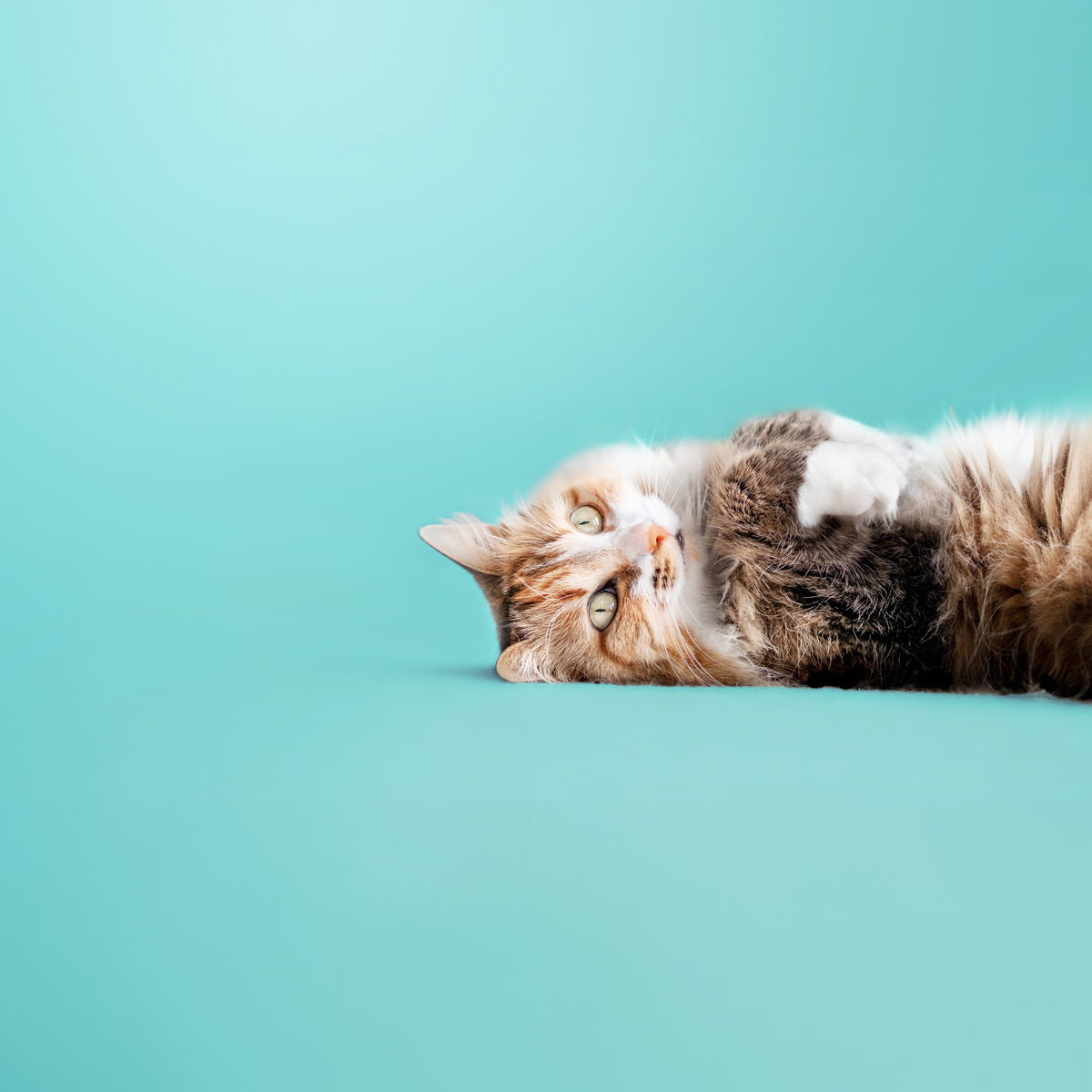New Research Reveals Cats’ Will Sometimes Fake Being Sick
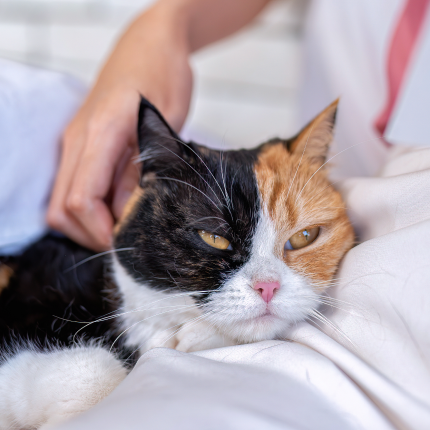
Understanding and caring for a pet that doesn’t speak our language poses its own set of challenges, especially when they are showing sickness behaviors. Pet owners often rely on cues like body language, behavior, and guesswork to decipher their cats’ needs. However, a recent study suggests that cats are capable of communicating in unexpected ways. Adding another layer of complexity to our understanding of feline behavior.
Researchers from Ohio State University conducted a study to explore how cats may use illness-like behaviors to convey messages to their caregivers. The study observed the health and behaviors of 32 cats. Including 20 diagnosed with feline interstitial cystitis, a chronic condition associated with bladder pain often triggered by changes in routine or environment. The remaining 12 cats were deemed healthy at the beginning of the study.
The Impact of Routine Changes
The study revealed a significant pattern when the daily routines of both healthy and sick cats were altered. During weeks of consistent, unchanged routines, both groups exhibited minimal “sickness behaviors” such as vomiting, refusal to eat, or inappropriate litter box use. Healthy cats showed an average of 0.4 sickness events, while those with cystitis averaged 0.7 events.
However, when changes were introduced to their routines, a notable shift occurred. Both groups of cats experienced a surge in sickness behaviors. With healthy cats displaying an average of 1.9 events and cystitis-diagnosed cats averaging 2.0 events. This tripling of sickness behaviors indicated a significant reaction to disruptions in their environment.
Interpreting the Findings of Sickness Behaviors
The study’s findings suggest that both healthy and chronically ill cats may exhibit sickness behaviors in response to stress or discomfort caused by changes in routine. Whether these behaviors are consciously feigned or solely stress-induced remains uncertain. Nonetheless, the cats effectively communicated their discomfort with the altered environment.
According to Tony Buffington, a professor at Ohio State University, “A healthy cat, or any healthy mammal, can feel the stress of environmental disruption and exhibit sickness behaviors as a result. You get the environment right, and they’ll recover.”
Practical Implications for Cat Owners
Understanding these behaviors provides valuable insight for cat owners into their pets’ emotional well-being. Maintaining consistent routines, such as feeding times and environmental stability, can help alleviate stress and promote a sense of security for cats. Additionally, offering enrichment activities and patience during transitional periods can help cats adapt to changes more smoothly.
Ultimately, while cats may seem to rule the roost, they often feel powerless in controlling their environment. By respecting their need for stability and routine, pet owners can foster a happier and healthier relationship with their feline companions.

Featured Articles
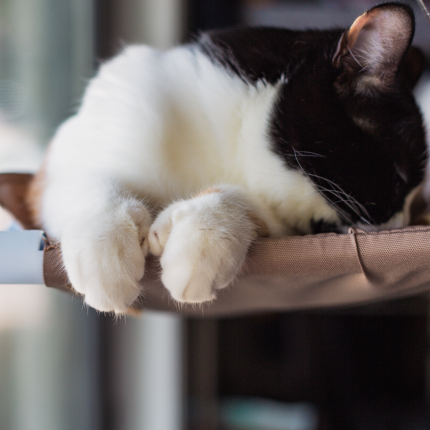
Polydactyl Cats: Just More Beans to Love
Polydactyl cats have become extremely popular in recent times. As a result, more and more people are interested in learning more about this six-toed cat and want to get one of their own. If you are a cat lover intrigued by polydactyl cats, you have come to the right place….
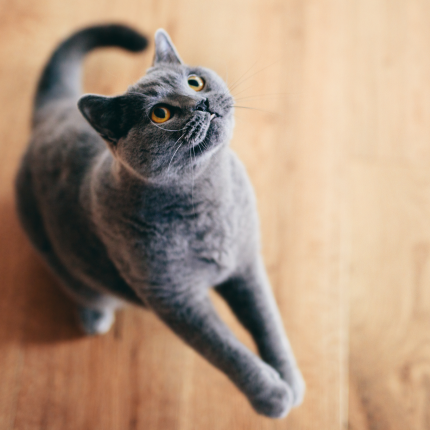
Greebles and Cats: The Origin and the Meaning
You may have seen an internet sensation concerning cats labeled “greebles.” Feel out of the loop? We’re here to help you. In 2019, Reddit user /user/literallyatree commented on a Reddit post about a cat that looks like it’s trying to slap a ghost. This user commented: “My family calls things…
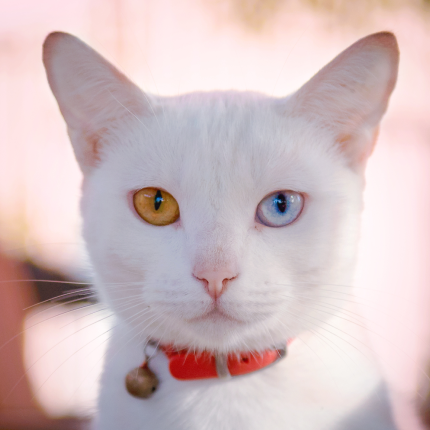
The Odd-Eyed Cat (AKA Heterochromia)
Cats are already beautiful and fascinating creatures, but people are bound to take notice when they have something as captivating as two different colored eyes. Odd-eyed cats always have one blue eye paired with either a green, yellow, or brown eye. This form of heterochromia occurs in other animals, including…
